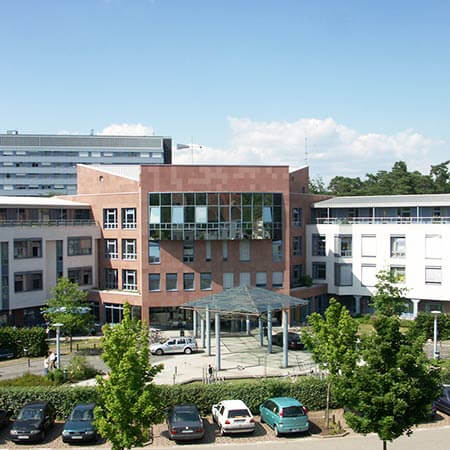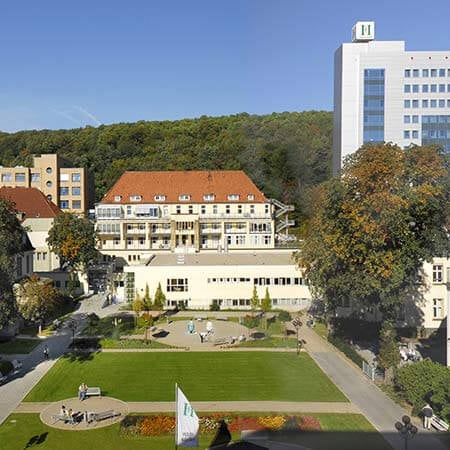About the disease
Esophageal varices is a condition which develops when veins become enlarged and abnormal in the esophagus. Esophagus is a tube responsible for transporting the food and fluid from the throat to the stomach. According to Mayo Clinic, this condition is most commonly caused by liver problems.
Abnormal veins develop when the blood flow to the liver is obstructed either by a clot or scar tissues. If the blood vessels, which carry blood to the liver, are clotted or there is blockage, blood flows through the smaller blood vessels, which can not carry such big amounts of blood. As a result there can be a leakage or even rupture. Since the veins are under constant pressure carrying blood to smaller blood vessels, they can become bigger in size and the danger of their rupture appears. Esophageal varices can be a very serious condition, life-threatening sometimes, that`s why it needs to be treated on time.
In many cases a person does not even know that he/she has esophageal varices, as the condition causes no symptoms unless there is bleeding. If the bleeding does start, there can be vomiting with blood and presence of blood in the stool.
The most common causes of esophageal varices are problems with liver. The most common cause of esophageal varices, which can lead to blockage and scarring of tissue is cirrhosis. Other serious liver diseases, including hepatitis, damage the liver by alcoholism and thrombosis, can lead to development of esophageal varices. A serious parasitic infection, which affected the liver, can also lead to development of esophageal varices.
Symptoms
- Pain in the liver
- Vomiting with blood
- Nausea
- Blood in the stool
- Jaundice
- Dizziness
- Lightheadedness
- Fatigue
- Weakness
Diagnosis
- During a general examination, the doctor will ask a person if he/she has problems with the liver. If a patient had been diagnosed with cirrhosis or hepatitis in the past or underwent serious parasitic infection which could have affected the liver.
- An endoscopy is used to examine the liver and also the veins and blood vessels which carry blood to the liver. If any of the veins have red streaks, there is a risk of bleeding. Other imaging tests, such as CT scan, can also examine the veins and blood vessels. These imaging tests can also determine if a person has blockage or scarring of the tissue.
Treatment
- Conservative treatment uses special drugs that can reduce the pressure in the enlarged veins and thus reduce the risk of bleeding significantly.
- Surgical and endoscopic treatment mostly use band ligation to wrap the varices with an elastic band which prevent them from bleeding in the future.
- It also important to treat the liver problem which caused esophageal varices in the first place.
Authors: Dr. Vadim Zhiliuk, Dr. Sergey Pashchenko













